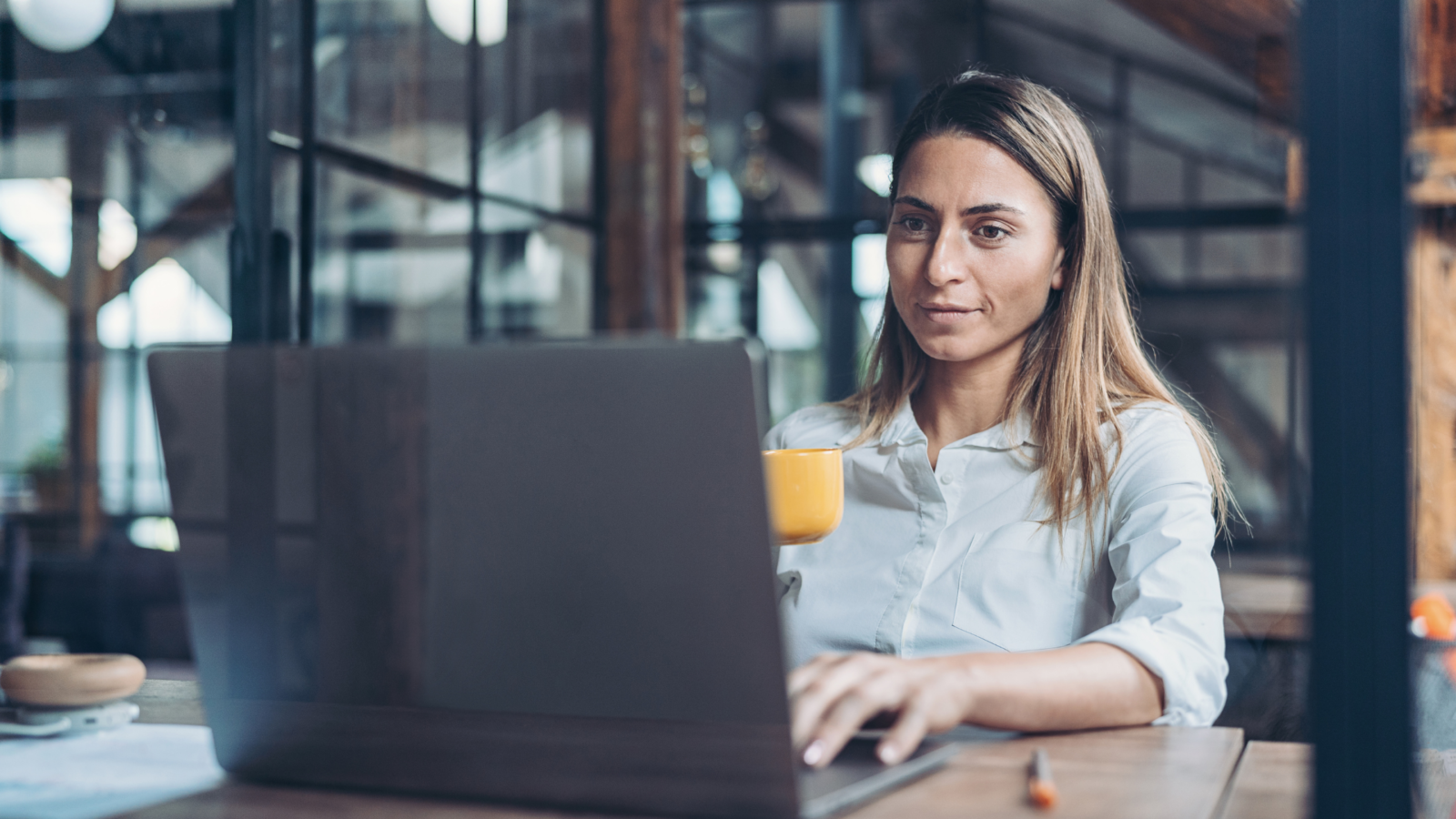Is ‘Zoom Anxiety’ or ‘Zoom fatigue’ even a thing? The term refers to the stresses that result from frequent use of video conferencing. The tool that has become mainstream in the Covid era. There are up to 300 million daily meeting participants and a study showed that 73% of respondents said they suffered from Zoom Anxiety.
This article revisits the psychiatric explanation of zoom fatigue. And the implications it has for people dependent on caffeine and coffee consumers?
Contrary to popular belief, regular coffee does not boost performance significantly for the regular consumer. In fact, caffeine intake is required to boost performance to normal levels.
Professor P.T Rogers
Distractions, absence of non-verbal cues and mindset – sources of Zoom fatigue
A study by Jena Lee published in Psychiatric times studied the causes of zoom fatigue. One cause was the perceived lower psychological reward. When compared to working with someone face to face. Which is somewhat of an attitude and mindset issue from what I read of it.
A genuine challenge though is that of unconscious communication. Such as the loss or reduced non-verbal body language and facial expressions. This makes communication harder and thereby more stressful. These non-verbal signals serve as cues used to process each communicator’s response. The lack of such cues, makes it harder, in a way like how we all know a phone call defers from a face-to-face meeting.
Also, in most circumstances, there much more distractions. This includes multitasking, the home environment (which might mean a lack of privacy). And their mirror image on the screen which they have to deal with.
Jena Lee summarizes in one sentence. “Simply put, videoconferences can be associated with low reward and high cost.”
Is caffeine a solution to beat zoom fatigue?
Contrary to popular belief, regular coffee does not boost performance significantly for the regular consumer. In fact, caffeine intake is required to boost performance to normal levels. Professor P.T Rogers in his publication on Caffeine, mood and mental performance. Said that withdrawal of caffeine (e.g. overnight) lowers alertness and mood and degrades performance. And one needs to drink coffee to reverse these effects and boost performance ‘normal’ levels.
“300 million daily participants of zoom”
Reuters
The perils of Zoom fatigue and Caffeine dependency
Making coffee within the workspace bubble is a challenge for people dependent on caffeine. For some that workspace bubble might be that room, they isolate themselves in.
For those who are dependent on coffee houses for their coffee dose. Getting their coffee without stepping out of their workspace bubble is a challenge.
Keeping the coffee supply steady during the work bubble
Consumers have been repurposing their “on the go” coffee makers to make coffee on the desk. According to portable coffee maker brand Kopipresso. A periodic consumer survey found a couple of behaviors related to the zoom work style. This included desktop preparation. And keeping the coffee warm during those long zoom calls. Both features found in their product range.
Coffee is not a solution for zoom anxiety. But if you are a regular coffee consumer, you have one more stressor which could pile up on your woes. If you are one of those affected individuals, try fixing your coffee. You might feel an improvement.


